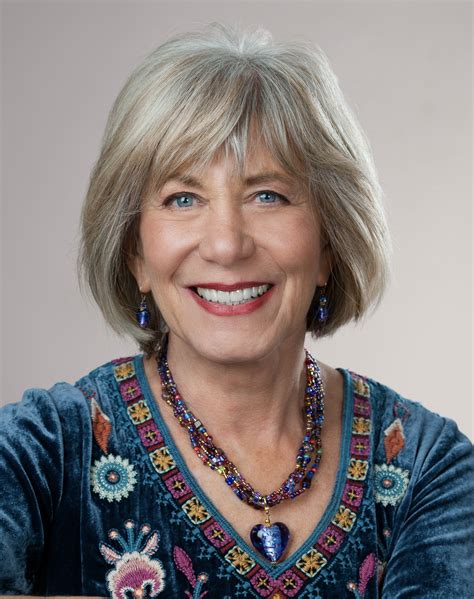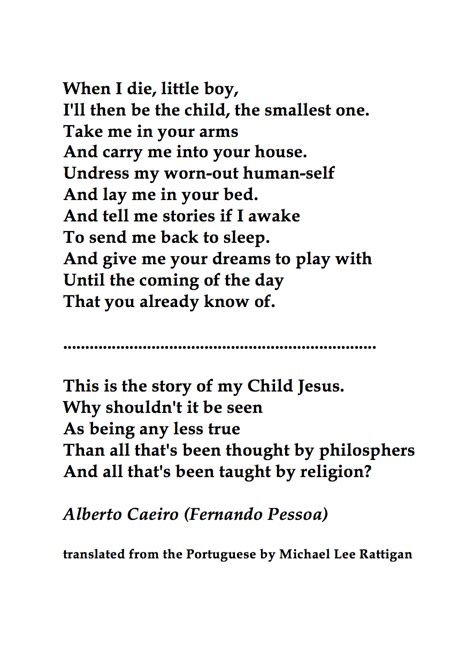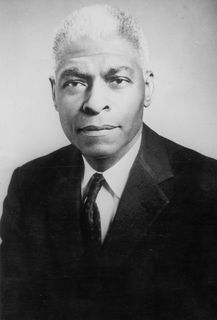A Quote by Margaret Mead
What is new is not bisexuality, but rather the widening of our awareness and acceptance of human capacities for sexual love.
Quote Topics
Related Quotes
The time has come, I think, when we must recognize bisexuality as a normal form of human behavior... we shall not really succeed in discarding the straitjacket of our cultural beliefs about sexual choice if we fail to come to terms with the well-documented, normal human capacity to love members of both sexes.
Trusting God's grace means trusting God's love for us rather than our love for God. [...] Therefore our prayers should consist mainly of rousing our awareness of God's love for us rather than trying to rouse God's awareness of our love for him, like the priests of Baal on Mount Carmel (1 Kings 18:26-29).
But innovation is more than a new method. It is a new view of the universe, as one of risk rather than of chance or of certainty. It is a new view of man's role in the universe; he creates order by taking risks. And this means that innovation, rather than being an assertion of human power, is an acceptance of human responsibility.
Forgiveness entails the authentic acceptance of our own worthiness as human beings, the understanding that mistakes are opportunities for growth, awareness and the cultivation of compassion, and the realization that the extension of love to ourselves and others is the glue that holds the universe together. Forgiveness...is not a set of behaviors, but an attitude.
If we look more closely, we see that any violent display of power, whether political or religious, produces an outburst of folly in a large part of mankind; indeed, this seems actually to be a psychological and sociological law: the power of some needs the folly of others. It is not that certain human capacities, intellectual capacities for instance, become stunted of destroyed, but rather that the upsurge of power makes such an overwhelming impression that men are deprived of their independent judgment, and...give up trying to assess the new state of affairs for themselves.
Scientific theories never dictate human values, but they can often cast new light on ethical issues. From a sexual selection viewpoint, moral philosophy and political theory have mostly been attempts to shift male human sexual competitiveness from physical violence to the peaceful accumulation of wealth and status. The rights to life, liberty, and property are cultural inventions that function, in part, to keep males from killing and stealing from one another while they compete to attract sexual partners.



































